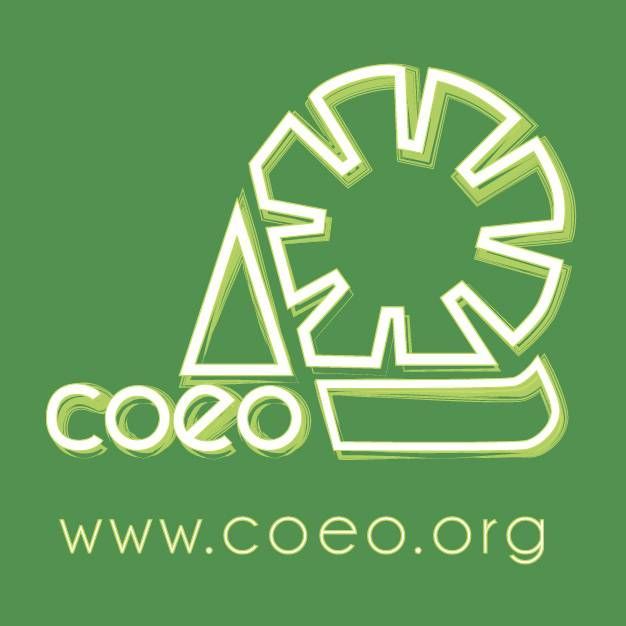1) Practical workshops: the first are those practitioner workshops, grown from hard-earned insights from years in the field, on the front lines of transforming education toward an eco-centric world.
2) Research and/or theory: the second are more novel to COEO, aimed explicitly at bringing theoretical insight to the table and merging it with pedagogy and practice. We invite any students (at the undergraduate, masters, or PhD level), professors, practitioners, Indigenous knowledge keepers, and anyone else with ideas to share to submit papers which fit under the general theme of the conference. These could be essays written for classes, previously published ideas re-worked to fit the conference theme, or new papers written explicitly for this conference. If selected, these papers will be published in a special issue of COEO’s academic journal Pathways: The Ontario Journal of Outdoor Education, as well as having the author present a workshop at the conference.
Unlike most academic conferences and paper submissions, COEO is a unique opportunity for academics to present their ideas to an explicitly practitioner audience of people who work in the diverse field of education day-in and day-out. For this reason, while the papers themselves should be academic in nature, the workshop about the paper should focus on the dissemination of knowledge and putting theory into practice. Workshop proposals should outline how the paper and its ideas will be presented in this way. Get creative, as COEO is a community-based organization and the conference theme values being radical. Usual formal rules of academic presentation do not apply here. We also invite the submission of papers for which the author wants to contribute to the Pathways special issue but either cannot attend the conference or does not want to present.
We especially urge students to submit papers, as this is a wonderful opportunity to gain experience in academic publishing, presenting, and, uniquely, disseminating knowledge outside the academic world. All with the aim of making real, profound cultural changes on what is certainly the overriding issue of not only our time, but any time in our species’ history.



